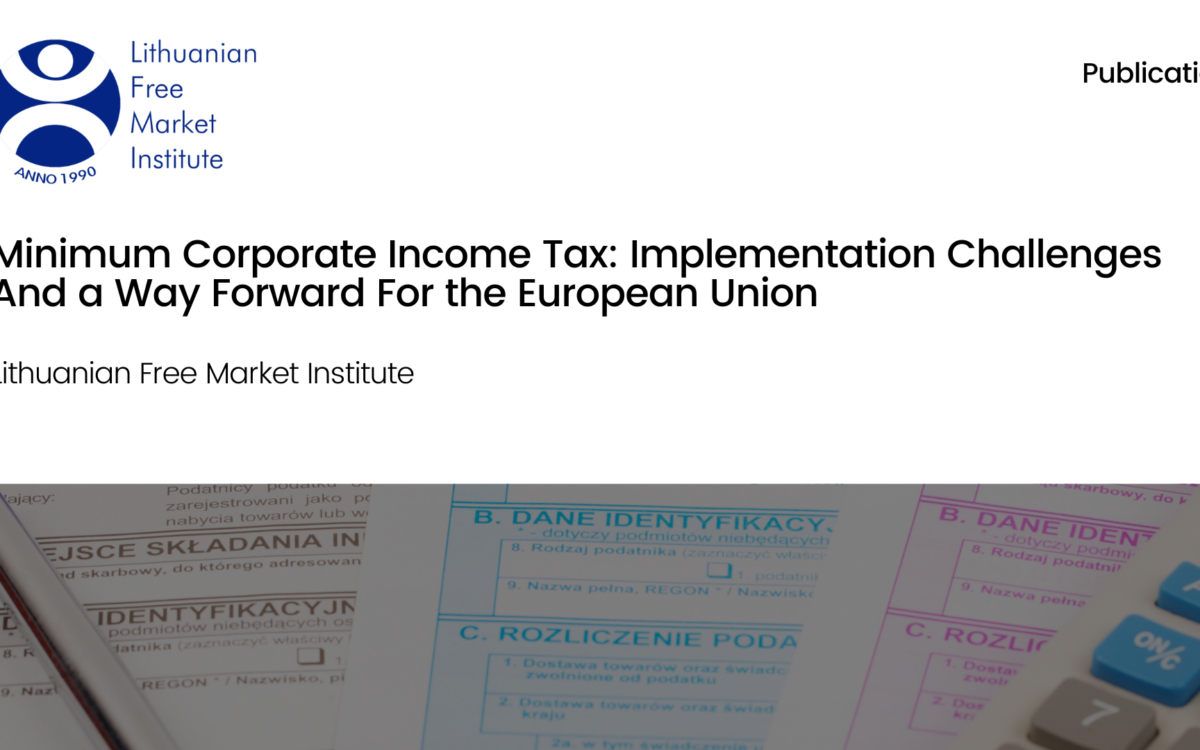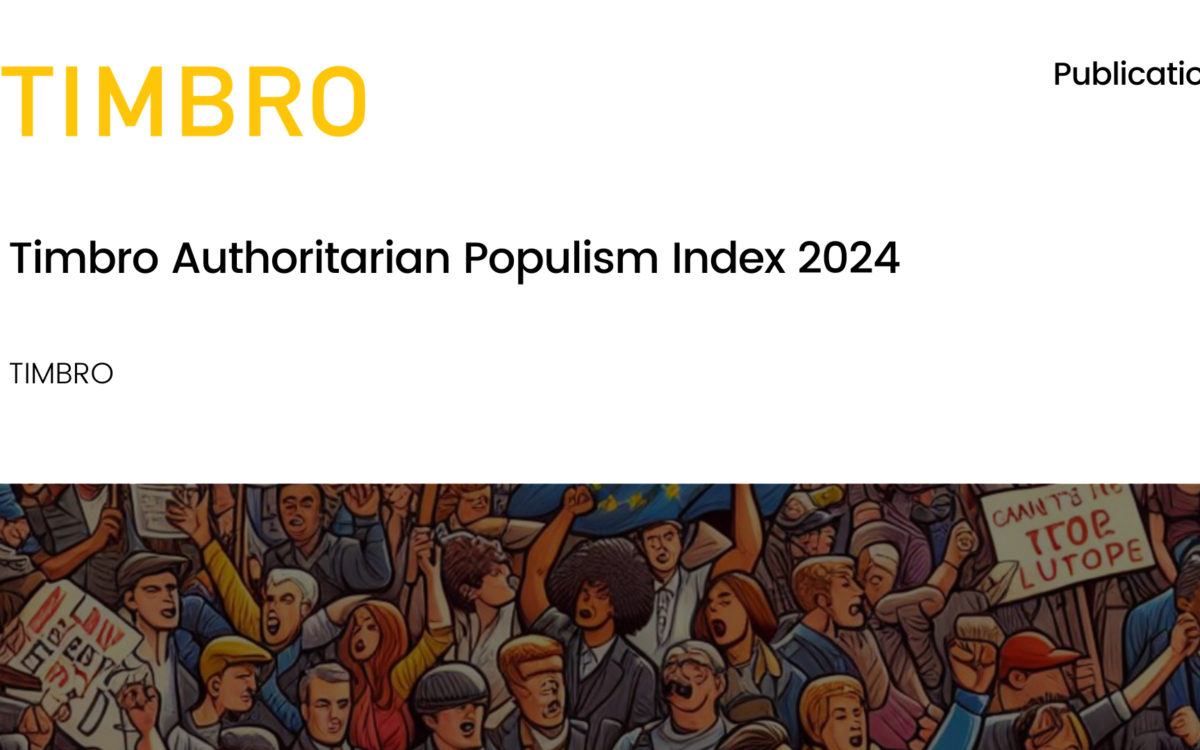Getting the State Out of Pre-school & Childcare

Getting the State Out of Pre-school & Childcare
February 2017
Decisions on childcare arrangements were largely a private matter until the 1990s. A political consensus has since arisen that government action is needed to raise the quality of provision, to make it more affordable and to support parental labour market attachment.
Childcare and pre-school policy is accordingly a fast-growing area of state intervention. The UK now spends more than £7 billion of taxpayers’ money per year on these areas, and heavily regulates the childcare sector.
Childcare subsidies have a significant displacement effect on private sector activity. There is only limited evidence that they increase female labour force participation – and any increases come at a high budgetary cost. Nor do most interventions seem to lead to lasting improvements in child development. There is also a disconnect between parents’ preferences and the prescriptions of experts.
Analyses claiming ‘market failures’ in childcare are weak: they assume that government has the knowledge and ability to perfectly account for all external effects. Arguments that we should subsidise childcare to maximise parents’ economic contribution confuse recorded GDP with general economic welfare.
Download or share this publication
View the PDF
EPICENTER publications and contributions from our member think tanks are designed to promote the discussion of economic issues and the role of markets in solving economic and social problems. As with all EPICENTER publications, the views expressed here are those of the author and not EPICENTER or its member think tanks (which have no corporate view).



